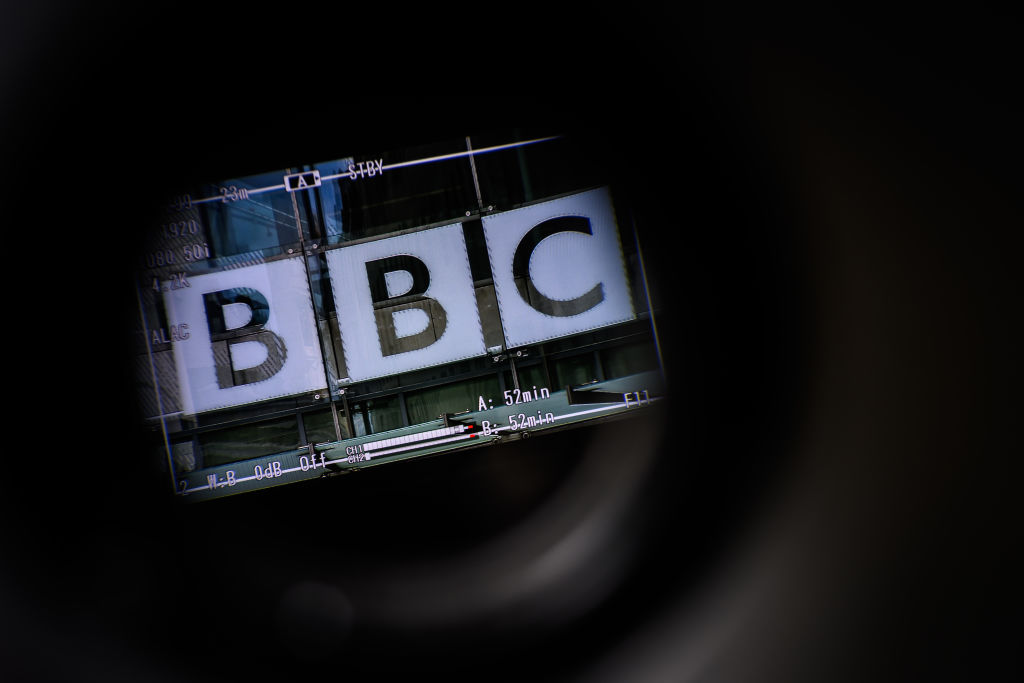In 2007, the BBC was engulfed in scandal for an embarrassing – if relatively trivial – misrepresentation of Queen Elizabeth II. A promotional clip for a documentary, A Year with the Queen, was edited to suggest the monarch stormed out of a photoshoot in a huff, when in reality, the sequence had been misleadingly spliced together. The outcry was immediate. Within hours, the BBC issued an apology. By the following day, an internal investigation had been launched. The corporation treated the matter with the utmost urgency, leading to resignations, extensive inquiries, and a near-existential crisis over editorial ethics.
Fast-forward to 2025, and the BBC has once again been caught red-handed with a dodgy documentary. This time, instead of a royal misunderstanding, the broadcaster was effectively serving as a mouthpiece for one of the world’s most depraved terrorist organisations. Gaza: How to Survive a Warzone was presented as a raw, unfiltered look at life in Gaza through the eyes of three children. In reality, it was a grotesque piece of pro-Hamas propaganda, narrated by none other than the son of a Hamas minister. Worse still, the documentary makers manipulated their footage in ways which should not be acceptable in any news or current affair programme.
Non-sequential editing is a thorny ethical issue in journalism. At best, it can be used to clarify narratives in long-form storytelling. At worst, it creates false cause-and-effect sequences, misleading audiences about what really happened. Reputable news organisations explicitly prohibit this type of manipulation unless clearly disclosed. The BBC, you would have hoped bound by similar ethical guidelines, utterly failed to uphold them.
Unlike the Queen’s photoshoot debacle, this was not just an issue of misrepresentation – it was part of an hour-long dangerous deception. And yet, when confronted with indisputable evidence of their misconduct, the BBC’s response was a masterclass in foot-dragging and evasion. No immediate apologies. No firings. No desperate internal memos demanding accountability. Just an insipid statement insisting that the film met BBC editorial guidelines and that they had ‘full editorial control’.
Only after relentless scrutiny – from investigative journalist David Collier, myself, outraged viewers, and former BBC executives like Danny Cohen – did the corporation finally, begrudgingly remove the documentary from iPlayer yesterday for ‘further due diligence’. A feeble gesture, long after the damage was done. They had already broadcast the film multiple times, ensuring maximum exposure for Hamas’s carefully curated narrative.
The film’s narrator, Abdullah Al-Yazouri, was not any war-affected child. He is the son of Ayman Al-Yazouri, a senior Hamas official in Gaza’s government. That alone should have raised immediate red flags for any competent journalist. But it gets worse: one of the other featured children was quickly revealed on the X account ‘Gazawood’ posing with Hamas regalia and a gun in old social media photos. In short, the BBC handed the propaganda tools of a genocidal terrorist group to two of its most eager child recruits and packaged it as an innocent ‘child’s-eye view’ of war.
The very idea that a 10-year-old is simultaneously a volunteer paramedic, a journalist’s assistant, and an ambulance cleaner all in one day should seem ludicrous to any viewer. But this is a hallmark of Hamas’s PR machine: presenting precocious child ‘heroes’ who, despite their tender age, have miraculously mastered multiple complex roles – just in time to deliver their media-friendly anti-Israel monologues. Social media is littered with identical propaganda reels, featuring near-identical children in near-identical situations, pushing the same well-rehearsed Hamas talking points. Maybe they’re grooming them.
To anyone remotely familiar with Palestinian propaganda tactics, the documentary was absurd from the outset. Scenes appeared heavily staged, edited with non-sequential cuts that bent reality into a more sympathetic shape. When I watched it, I immediately spotted the tell-tale glaring continuity errors in a sequence featuring the young ‘volunteer paramedic’. His shoes changed four times in what was supposedly a single chain of events in one day at the hospital. His hair length fluctuated between shots. The BBC appeared to have stitched together different events to manufacture an emotional through-line claiming to cover the aftermath of a single air strike. All the scenes looked like the dubious Palestinian ‘Pallywood’ efforts, familiar to the more cynical viewer of Middle Eastern crisis footage. It’s a long-established genre.
The BBC has failed in ways too numerous to count, but this particular disgrace deserves lasting consequences. If they could scramble to correct an edited sequence of a mildly irritated Queen within hours, why did it take days of mounting evidence before they even considered pulling an outright Hamas propaganda film? The disparity speaks volumes about the BBC’s priorities, especially as it is only the latest in an ever-mounting list of failures in its Israel-related coverage.
They insist they had ‘full editorial control,’ yet when the backlash grew, they attempted to shift blame to independent producers. They claim there was ‘no parental input,’ yet their narrator was a Hamas minister’s son delivering lines beyond his own personal experience. They want us to believe this was an honest mistake – when every stage of this film’s production looks to have been riddled with negligence, dishonesty, and contempt for basic journalistic standards.








Comments